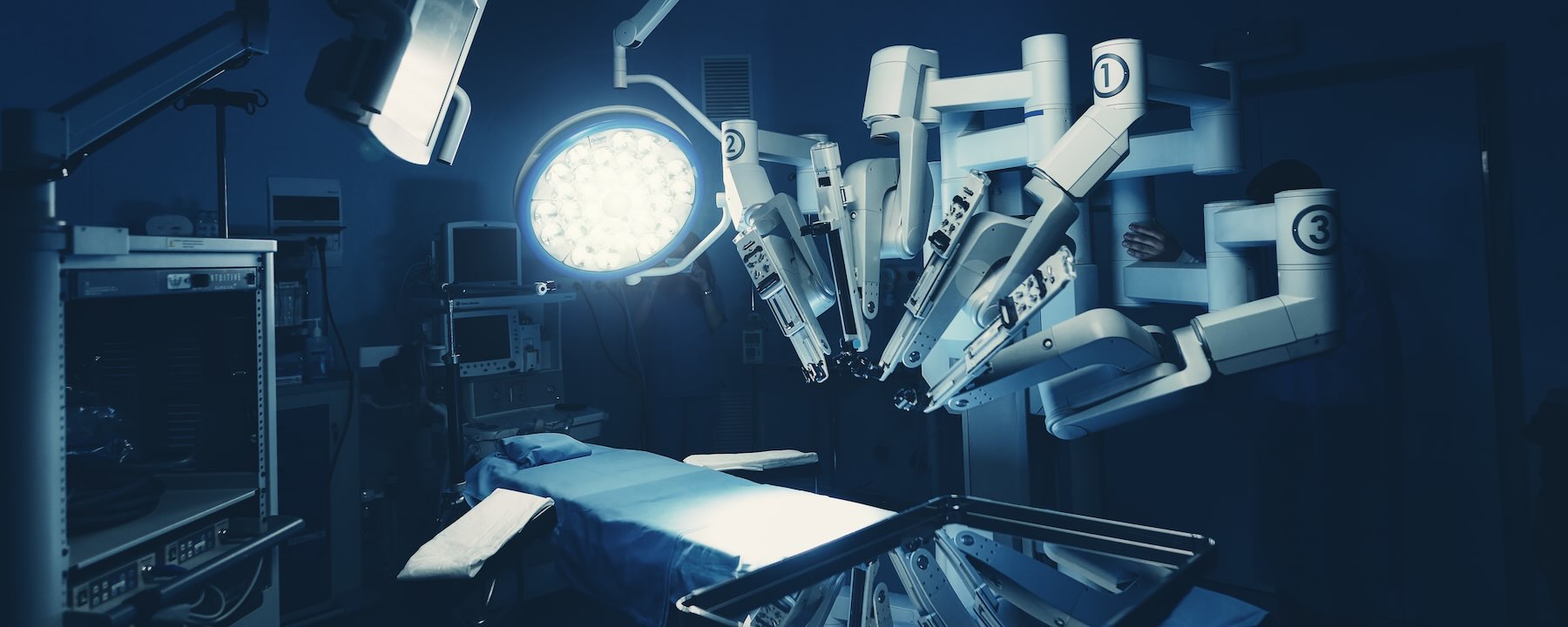Our Upper GI Surgery program specializes in the treatment of disorders involving the esophagus, stomach, and upper small intestine. Our team is dedicated to delivering compassionate, evidence-based surgical care utilizing minimally invasive techniques. Whether you’re managing chronic acid reflux or complex gastrointestinal issues, we’re here to help guide your treatment options.
GERD Surgery
Gastroesophageal reflux disease (GERD) surgery is typically recommended for patients with severe or persistent acid reflux who do not respond to medications. Surgical options, such as laparoscopic fundoplication or the LINX® procedure, are designed to strengthen the valve between the esophagus and stomach, reducing reflux and improving quality of life.
Paraesophageal / Hiatal Hernia
Paraesophageal hernias occur when part of the stomach herniates next to the esophagus through the diaphragm, while the gastroesophageal junction stays in place. They are less common than sliding hernias but have a higher risk of complications like strangulation or obstruction. Symptoms may include chest pain, fullness, or dysphagia, though some are asymptomatic. Diagnosis is made via imaging, and treatment is surgical if symptoms persist or complications arise.
Learn more about Paraesophageal Surgery
Peptic Ulcer Disease
Surgical treatment for peptic ulcer disease is considered when complications arise, such as bleeding, perforation, or obstruction. Surgery may involve repairing a perforation, removing the ulcerated portion of the stomach, or reducing acid production. While most ulcers are treated medically, surgery remains a crucial option in severe cases.




